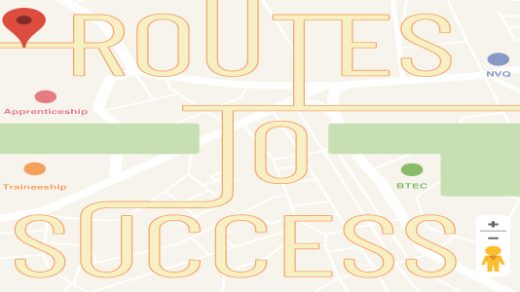Longer days and shorter holidays for pupils?
Education Secretary Michael Gove has said that schools should have longer school days and shorter holidays, as the education system is being “handicapped” by a 19th century timetable, when we had an agricultural economy and the majority of mums stayed at home. Does the current system leave pupils at a disadvantage?
Education secretary Michael Gove has called for longer school days and a cut in the length of holidays, which he said would improve performance and make life easier for working parents.
The reforms could allow state schools to choose to stay open until 4.30pm and introduce a shorter, four-week summer holiday for pupils from September next year, representing a profound change for parents used to tailoring their working hours to the classroom timetable.
Gove told a conference in London, organised by the Spectator magazine, that pupils were being handicapped in comparison with their peers in other countries. “The structure of the school term and the school day was designed at a time when we had an agricultural economy,” he said.
Children at primary schools are taught at a greater pace and intensity than ever before, so to extend their hours of learning through longer days or shorter breaks could disrupt a fine balance and ultimately prove detrimental. Teachers recognise mental fatigue in pupils, especially among younger ones, towards the end of the day, week or term. I was with Mr Gove recently at a National College for Teaching and Leadership event in Nottingham when he spoke about this topic. He says he wants to stimulate rather than dictate a discussion about its merits and see what evidence there is to support change. Working in shorter blocks and spreading the holidays more equally across the school year may have merit. Family life, childcare arrangements, as well as the implications for staff will need to be fully considered.
Pat Speed, headteacher at Great Crosby Catholic Primary School, Crosby
‘I think that the statement by Michael Gove is wrong. Yes times have changed, but people haven’t. Children need rest and time to play. We often start the day by waking up early and by the last lesson we are absolutely shattered and can’t wait to go home to do our own thing. If we have longer school days children will lose total concentration and I don’t see how that can be good for our education. So what if we go home and our parents are still in work – that is what holidays are for, to give us time to spend with our families and friends. Shortening this time is not a good thing. I do not agree with Mr Michael Gove!’
Afi Oladipo-Lordson, Year 10 Calderstones School
Michael Gove’s recent comments regarding the lengthening of school hours and shortening term time prove how out of touch he is with the professionals he is allegedly supposed to represent. Although many teaching staff agree the structure of the school year requires alteration, Mr Gove and his department are yet to offer viable alternatives. I would suggest that Mr Gove himself takes on board the opinions and views of teachers who are, on the whole, not the unreasonable and obstructive individuals painted out to be by the minister for education and push themselves to the limit to give the next generation every chance of success.
James Egan, Newly qualified teacher
Having taught for the past 21 years and some of them abroad, I do believe that the six weeks summer holiday is redundant in today’s society. I’d argue that it would be more productive to move to a six term model whereby each term is separated by a two week break. If the school day were to be extended there would be the opportunity for a variety of enrichment activities to be offered to pupils – sports, technology projects, languages, music, arts and theatre perhaps. The difficulty for schools would be in ensuring that staffing levels were increased to maintain and improve current PPA provision.
Clare Chapman, parent and teacher



